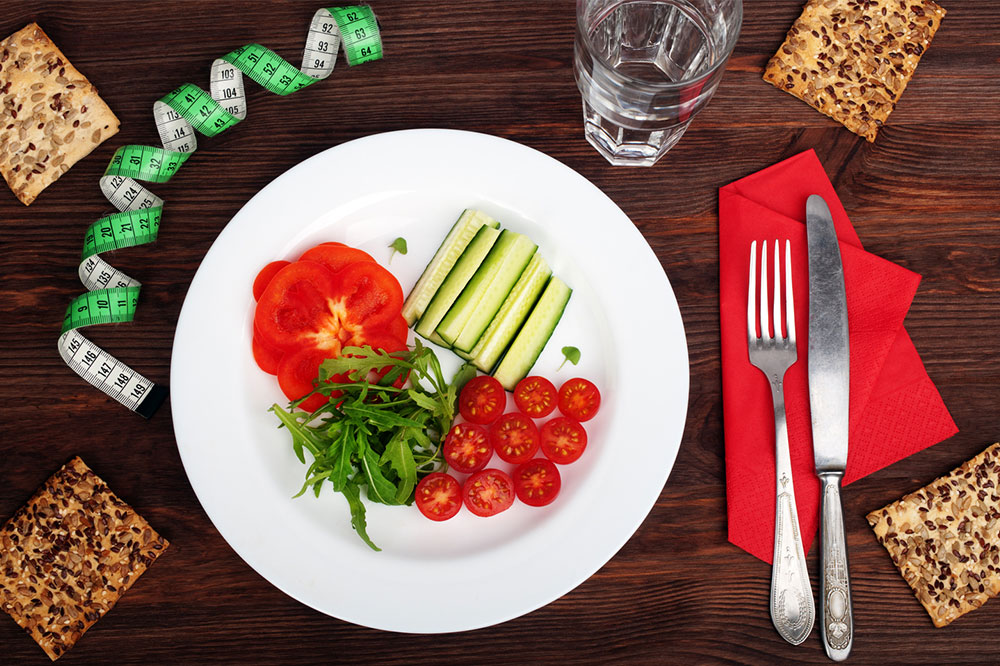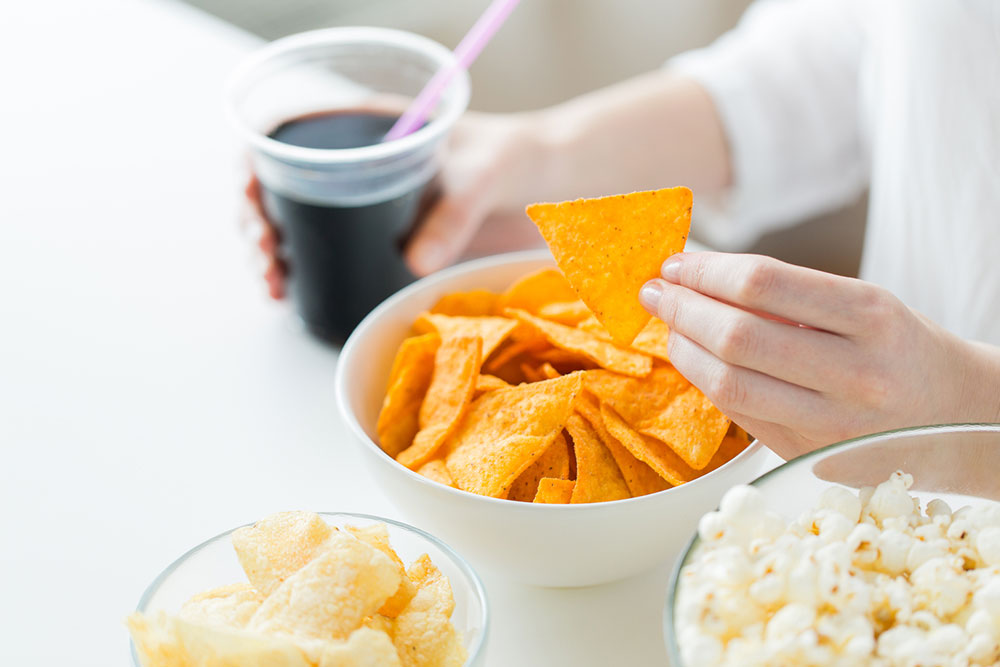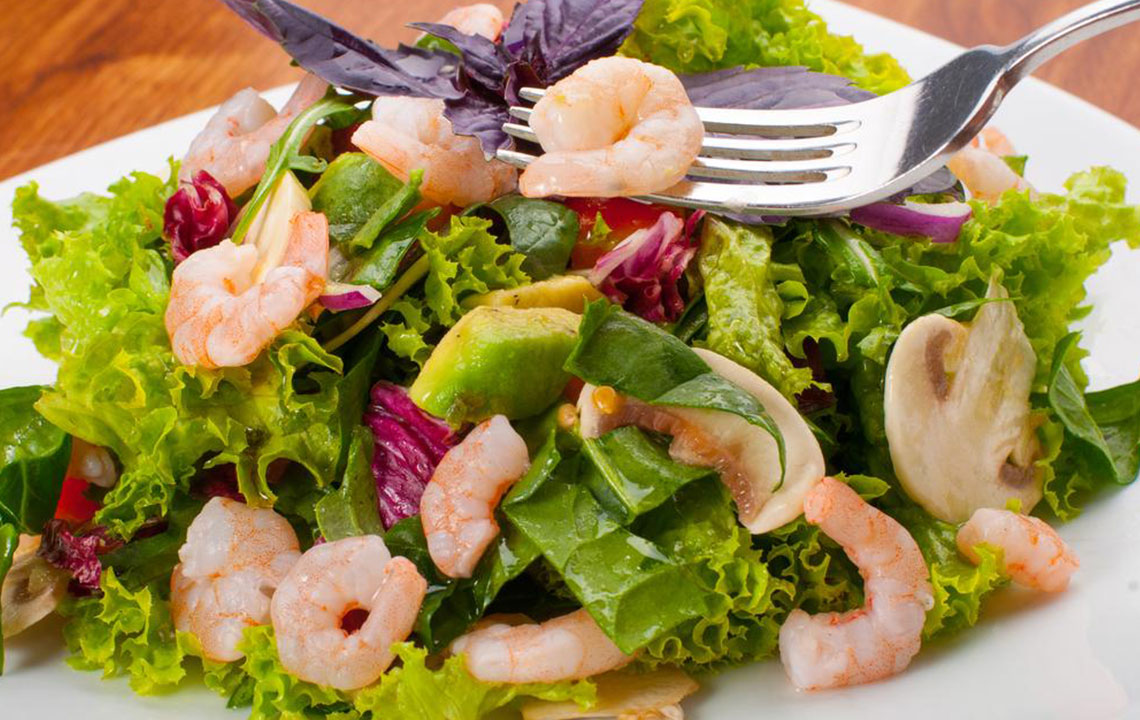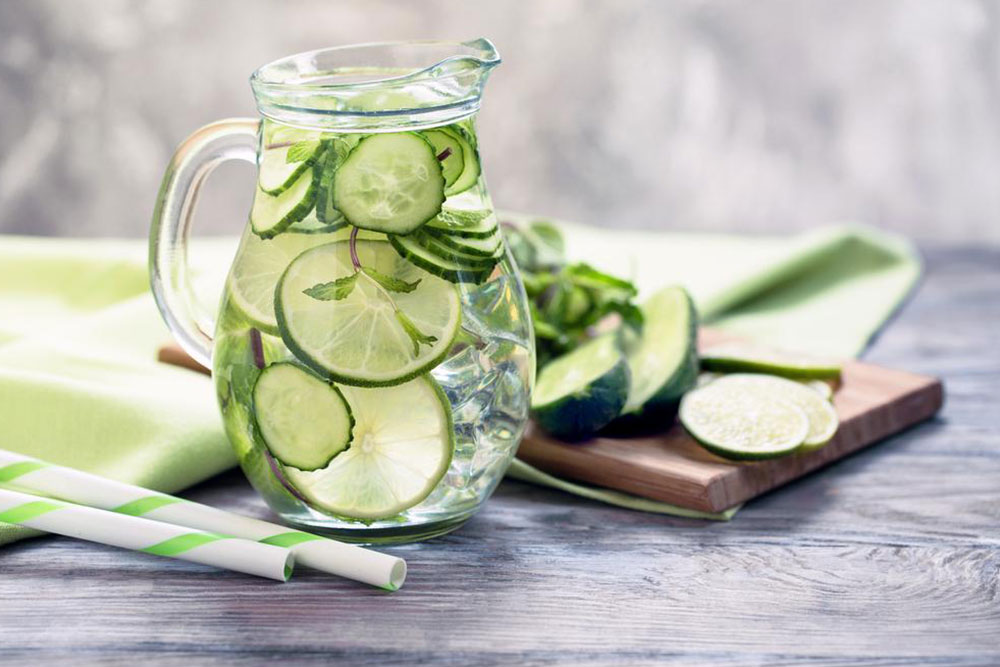Effective Dietary Strategies for Managing Gastritis: Foods to Eat and Avoid for Better Digestive Health
This comprehensive guide explores effective dietary strategies for managing gastritis. It details foods to incorporate, such as probiotics, fiber-rich vegetables, and lean proteins, alongside foods to avoid like spicy, acidic, and fatty foods. Proper dietary management can alleviate symptoms, promote healing, and prevent flare-ups. Always consult healthcare professionals for personalized advice. By understanding the impact of different foods on gastric health, individuals can better control their condition and improve overall digestive well-being.

Comprehensive Guide to Gastritis-Friendly Diets
Gastritis, a condition characterized by inflammation of the stomach lining, can significantly affect quality of life through symptoms like abdominal pain, nausea, and indigestion. Proper dietary management plays a crucial role in alleviating discomfort, promoting healing, and preventing symptom exacerbation. While medication is often prescribed, understanding which foods support recovery and which aggravate the condition empowers individuals to take control of their digestive health. This expanded guide provides detailed insights into foods to incorporate and avoid for effective gastritis management, based on current nutritional science and medical advice.
Incorporating Healing Foods into Your Diet
Cruciferous Vegetables - Vegetables like broccoli, Brussels sprouts, and cauliflower are rich in sulforaphane, a compound known for its antibacterial properties, particularly against H. pylori bacteria, which are often implicated in gastritis. These vegetables also provide antioxidants that help reduce inflammation in the stomach lining.
Probiotic-Rich Foods - Incorporate foods like plain yogurt, kefir, and fermented options such as sauerkraut and kimchi. These contain beneficial bacteria that restore and maintain healthy gut flora, which can help decrease inflammation and improve digestion. Consistent intake of probiotics supports the body's natural defenses against harmful bacteria that contribute to gastritis.
High-Fiber Foods - Fruits such as apples and pears, vegetables like carrots and zucchini, along with beans, oats, and legumes, are excellent sources of dietary fiber. Fiber aids in regulating bowel movements, reducing stomach acid, and soothing the digestive tract, thereby alleviating gastritis symptoms.
Garlic - Known for its natural antibacterial and anti-inflammatory properties, garlic can help combat H. pylori infections, a common contributor to gastritis. For individuals sensitive to raw garlic, garlic capsules or cooked garlic in meals can serve as gentler alternatives.
Whole Grains - Switching from refined grains to whole grains such as brown rice, whole wheat bread, and oats helps minimize irritation to the stomach lining. Whole grains are high in fiber and nutrients that support overall gut health.
Lean Protein Sources - Opt for lean meats like skinless chicken and turkey, along with fatty fish such as tuna and salmon. Egg whites are also a good option. These proteins are easier to digest and aid in tissue repair, promoting healing of inflamed stomach tissues.
Alkaline and Neutralizing Foods - Green leafy vegetables like spinach and kale, root vegetables like sweet potatoes, and nuts like almonds help neutralize excess stomach acid. These foods can decrease the irritation and discomfort associated with gastritis.
Foods to Limit or Avoid
Spicy and Irritating Foods - Peppers, chili powders, hot sauce, jalapenos, and aromatic spices like nutmeg, clove, and cinnamon can further irritate the inflamed stomach lining. These should be minimized or avoided during active gastritis episodes.
Alcoholic Beverages - Alcohol is a major irritant for the stomach, worsening inflammation, impairing the mucosal barrier, and slowing healing. Complete abstinence is recommended during flare-ups and as part of long-term management.
Acidic Foods and Drinks - Citrus fruits such as oranges, lemons, and grapefruits, as well as tomatoes and tomato-based products, can increase acidity in the stomach and trigger discomfort. Coffee and carbonated beverages are also known to worsen symptoms in sensitive individuals.
For optimal results, focus on a diet rich in gut-friendly, anti-inflammatory foods, and reduce intake of known irritants. Always consult with a healthcare professional or a registered dietitian before making significant dietary changes, especially if you have underlying health conditions or persistent symptoms. Combining diet management with medical treatment can significantly improve outcomes and aid in the healing process of gastritis.





